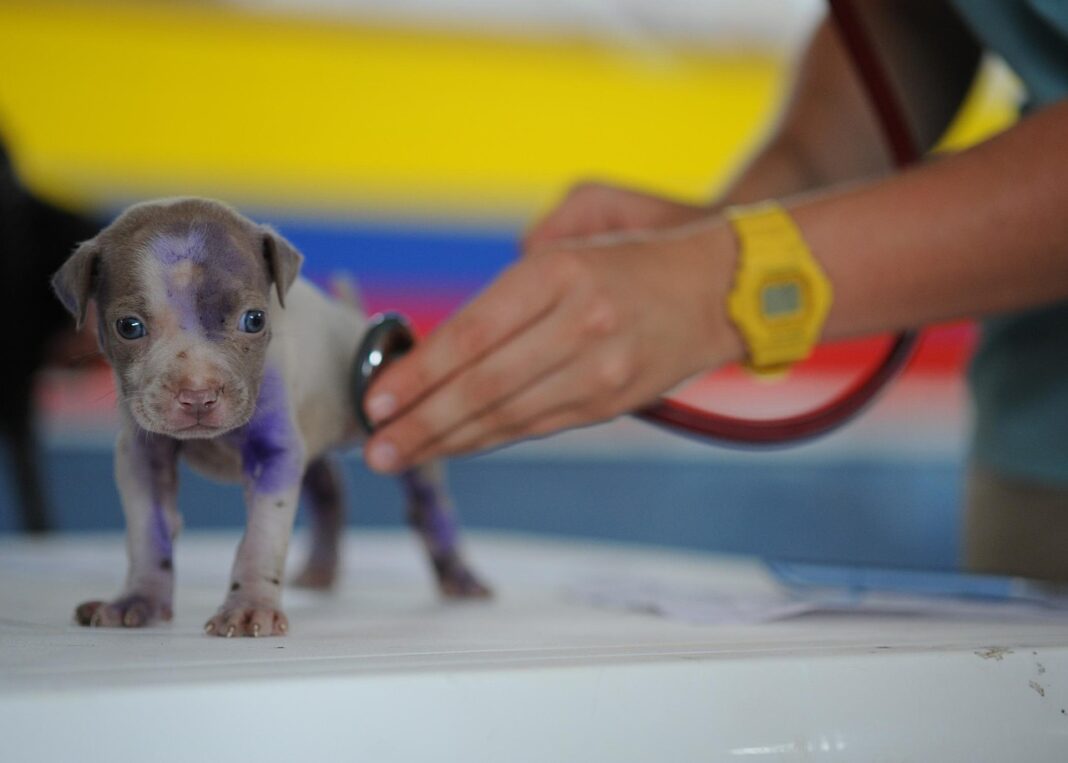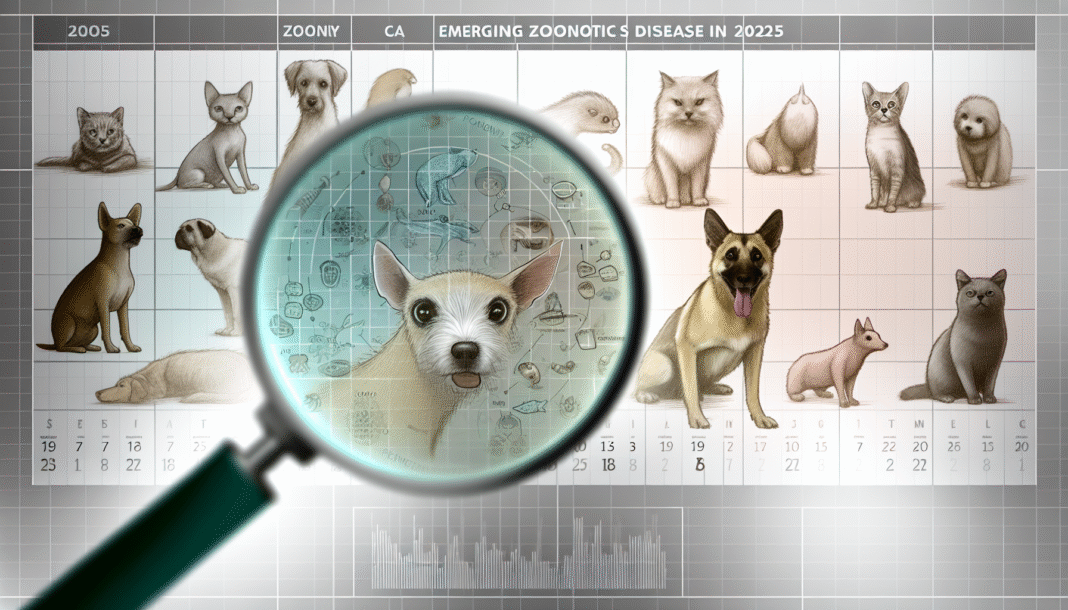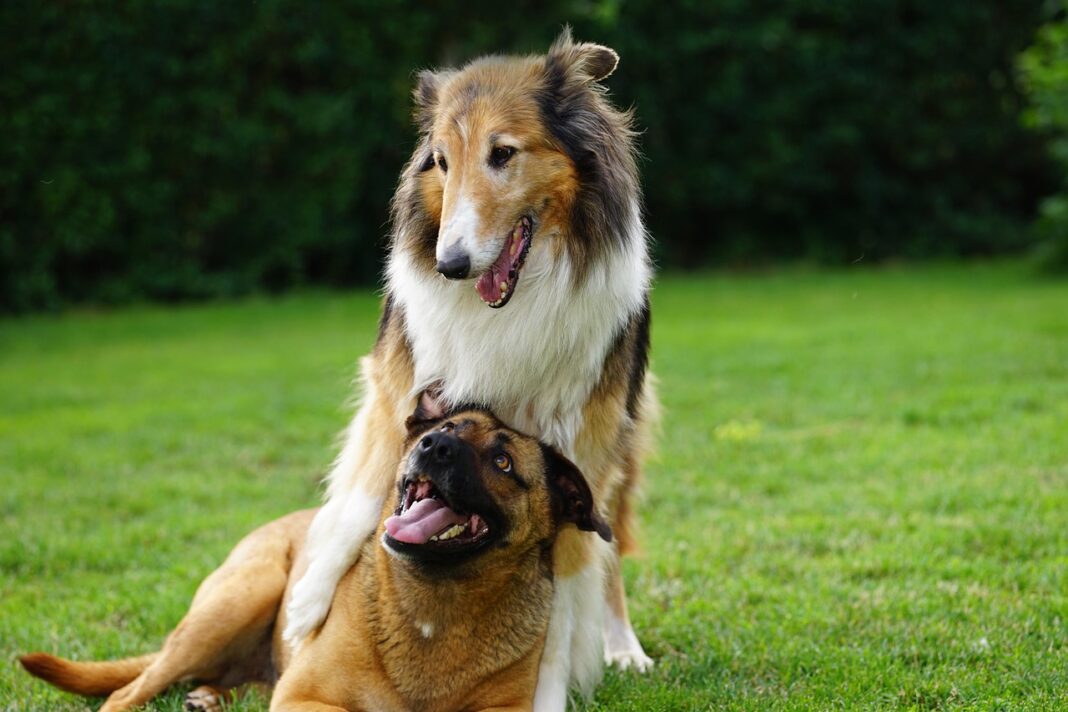As a proud pet owner, ensuring your dog’s health is paramount. A happy, healthy dog translates into a happy and fulfilling life for both of you. Here’s a comprehensive checklist to help you keep your pup in tip-top shape.
Regular Veterinary Check-ups
Why It Matters
Regular vet visits are crucial for preventive care. Just like humans, dogs can develop health issues that aren’t always apparent.
What to Expect
During a check-up, your vet will:
-
- Perform a physical examination.
-
- Assess weight and body condition.
-
- Administer vaccinations.
-
- Discuss any behavioral changes or concerns.
Practical Tip
Make it a habit to schedule annual check-ups and keep a record of your dog’s vaccination history. This information is vital during travel or boarding situations.
Vaccinations and Preventive Medications
Key Vaccinations
Certain vaccines protect your dog from serious illnesses:
-
- Distemper
-
- Parvovirus
-
- Rabies
Preventive Medications
Discuss with your veterinarian about:
-
- Flea and tick prevention
-
- Heartworm medication
-
- Intestinal parasite control
Practical Tip
Set reminders for vaccinations and medication renewals. Some veterinary offices offer reminder services to keep you on track!
Nutrition and Diet
The Right Food
Feeding your dog a balanced diet is fundamental. Look for high-quality, age-appropriate dog food that meets their nutritional needs.
Foods to Avoid
Certain human foods can be toxic to dogs, such as:
-
- Chocolate
-
- Grapes and raisins
-
- Onions and garlic
Practical Tip
Consult with your vet about portion sizes and any additional supplements your dog may require based on their age, size, and activity level.
Exercise and Mental Stimulation
Importance of Exercise
Regular physical activity is essential for your dog’s physical and mental health.
Recommended Activities
Engage in activities like:
-
- Daily walks
-
- Fetch or frisbee games
-
- Agility training
Practical Tip
Set a daily routine. A combination of structured playtime and free exploration can keep your dog mentally stimulated and physically fit.
Grooming Essentials
Regular Grooming
Keep your dog’s coat clean and healthy through regular grooming. This includes:
-
- Brushing to prevent matting and reduce shedding.
-
- Bathing occasionally (too much can dry out their skin).
-
- Clipping nails to prevent discomfort and injury.
Dental Care
Oral hygiene is often overlooked but critical. Plaque builds up and leads to dental problems.
Practical Tip
Invest in dog-friendly toothpaste and dental chews. Regular brushing can significantly improve oral health.
Behavioral Health
Recognizing Changes
Monitor your dog’s behavior for any sudden changes—these can indicate underlying health issues. Common signs include:
-
- Excessive barking
-
- Changes in eating or drinking habits
-
- Withdrawal from social interactions
Training and Socialization
Proper training and socialization can prevent behavioral problems and promote a well-adjusted dog.
Practical Tip
Consider enrolling your dog in a training class. Early socialization with other dogs and humans is vital.
Common Health Issues
Symptoms to Watch For
Be aware of these common health symptoms:
-
- Vomiting or diarrhea
-
- Coughing or difficulty breathing
-
- Lethargy or lack of interest in activities
When to See the Vet
If you observe these symptoms, consult your vet promptly. Early detection can make all the difference.
Hydration and Water Intake
The Importance of Water
Ensure your dog has access to fresh, clean water at all times. Dehydration can lead to severe health complications.
Signs of Dehydration
Look for:
-
- Dry nose or mouth
-
- Lack of appetite
-
- Lethargy
Practical Tip
On warm days, take extra precautions. Bring water on walks and consider a portable bowl to keep your dog hydrated during outings.
Quality of Life Factors
Mental and Emotional Health
Provide mental stimulation through games, puzzles, and interactive toys. A happy dog is a healthy dog!
Social Interaction
Regular playdates with other pets or visits to dog parks can enhance your dog’s social skills and overall happiness.
Practical Tip
Keep an eye on your dog’s mood. If they seem down or anxious, consider consulting with a professional dog trainer or behaviorist.
Pet Insurance and Financial Planning
Why Consider Pet Insurance?
Just like with human healthcare, unexpected medical expenses can arise for pets. Pet insurance can help manage these costs and give you peace of mind.
Choosing the Right Plan
Consider the following when selecting an insurance plan:
-
- Coverage options
-
- Premium costs
-
- Exclusions and waiting periods
Practical Tip
Research and compare pet insurance plans early. Some companies offer discounts for annual payments or for multiple pets.
Final Thoughts on Your Dog’s Health
Regular attention to your dog’s health through veterinary visits, a balanced diet, exercise, and grooming is essential to ensure a long, happy life. Maintaining a proactive approach will keep your furry friend thriving, allowing for many joyful years together. Stay engaged, informed, and committed to your dog’s health, and enjoy the priceless bond you share.





